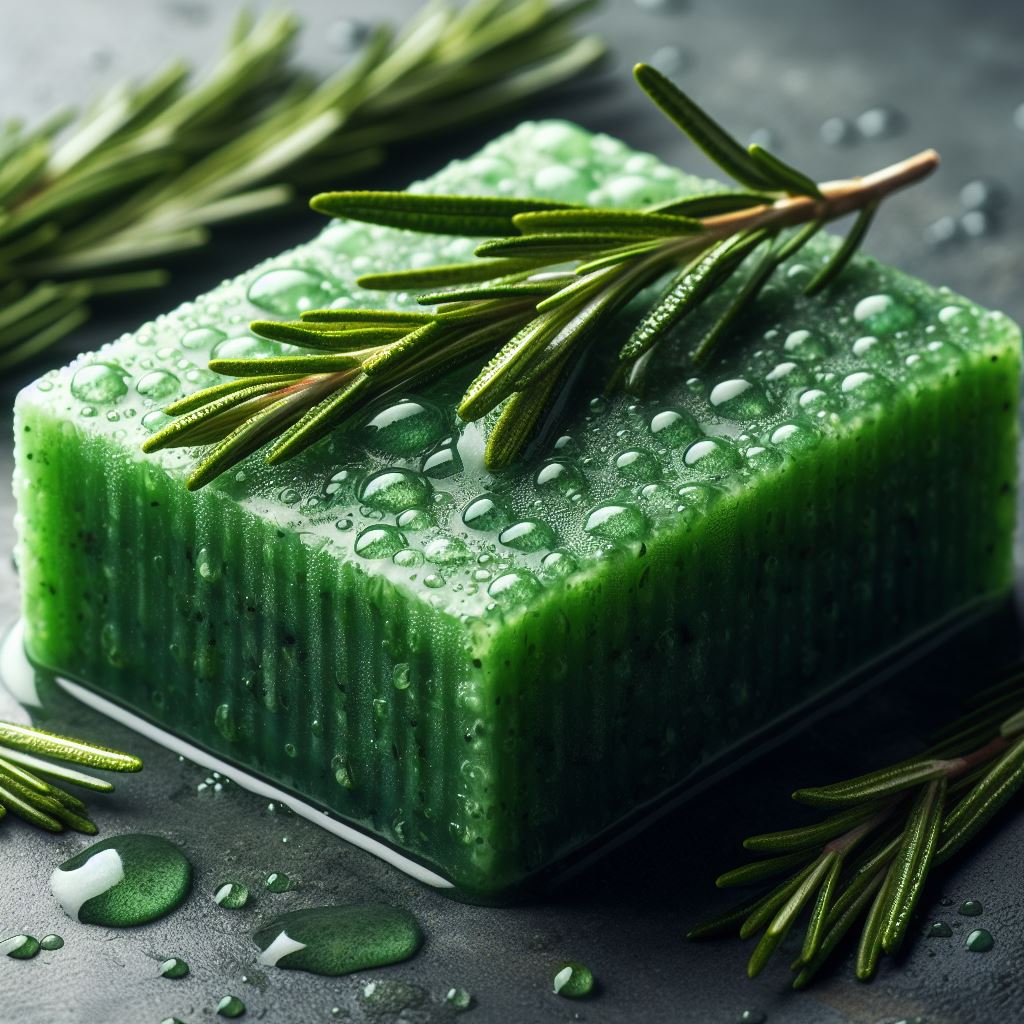Septic systems require careful maintenance to function efficiently and avoid costly repairs. Homeowners often wonder whether everyday household products like Dawn dish soap are safe to use with a septic system. This article explores the impact of Dawn dish soap on septic systems and guides maintaining a healthy septic system.
How Septic Systems Work
The tank holds wastewater long enough while bacteria break down organic matter. The liquid portion then flows into the drain field, which is naturally filtered and absorbed into the soil.
A septic system relies on beneficial bacteria that decompose waste to work efficiently. Harsh chemicals and certain cleaning products can disrupt this bacterial balance, leading to system malfunctions.
Ingredients in Dawn Dish Soap
Dawn dish soap is widely used for washing dishes, cleaning surfaces, and even as a wildlife rescue cleaner for removing oil spills from animals. Some key ingredients in Dawn dish soap include:
- Surfactants – Help break down grease and oil
- Fragrances and Dyes – Add scent and colour
- Preservatives – Prevent bacterial growth in the bottle
- Biodegradable Components – Aid in environmental safety
Since Dawn contains biodegradable surfactants, many believe it is safe for septic systems. However, other ingredients, such as antibacterial agents and synthetic fragrances, may raise concerns.
Can Dawn Dish Soap Harm a Septic System?
There are mixed opinions on whether Dawn dish soap is safe for septic systems. Below are some potential concerns and benefits:
Potential Concerns:
- Antibacterial Properties: Some versions of Dawn contain antibacterial agents that may kill beneficial bacteria in the septic tank, disrupting the system’s balance.
- Chemical Additives: Artificial fragrances, dyes, and preservatives may not break down easily and could contribute to sludge buildup.
- Excessive Use of Soap: Using large amounts of dish soap can create excessive foam, which may interfere with normal wastewater breakdown.
Potential Benefits:
- Biodegradable Surfactants: Dawn contains biodegradable cleaning agents that break down in the environment, reducing the risk of chemical buildup.
- Low Phosphate Content: Unlike some detergents, Dawn has little to no phosphates, which can prevent excessive algae growth in drain fields.
Best Practices for Using Dish Soap in Septic Systems
If you prefer using Dawn dish soap but want to protect your septic system, consider the following best practices:
- Use Small Amounts – Avoid excessive use of dish soap to prevent foaming issues.
- Choose Non-Antibacterial Versions – Opt for Dawn formulas that do not contain antibacterial agents.
- Look for Biodegradable Options – Check labels to ensure the soap is biodegradable and septic-safe.
- Limit the Use of Chemical Cleaners – Avoid combining dish soap with harsh drain cleaners or bleach.
- Practice Regular Septic Maintenance – Schedule routine septic inspections and pumping every 3-5 years.
Alternative Septic-Safe Dish Soaps
If you are concerned about using Dawn dish soap with your septic system, consider switching to a septic-safe alternative. Below are some eco-friendly dish soap options:
BrandSeptic-Safe Features
Seventh Generation Biodegradable, plant-based ingredients
Mrs. Meyer’s Free from synthetic fragrances and dyes
Ecover Phosphate-free and environmentally friendly
Puracy Non-toxic, natural formula
These brands are designed to be gentle on septic systems while effectively cleaning dishes.
Tips
Aside from using septic-safe dish soap, consider the following tips to keep your septic system in good condition:
- Avoid Pouring Grease Down the Drain: Grease solidify and clog pipes or create buildup in the septic tank.
- Use Water Efficiently: Excessive water use can overwhelm the system, reducing its ability to break down waste.
- Limit Harsh Chemical Use: Avoid using chemical-based drain cleaners, antibacterial soaps, and bleach in large quantities.
- Properly Dispose of Household Waste: Do not flush non-biodegradable items like wipes, diapers, and feminine hygiene products.
Conclusion
When used in moderation and non-antibacterial formulas, homeowners should always be cautious about the types of cleaning products they use to avoid disrupting the bacterial balance in their septic tanks. Several septic-safe dish soaps are available. Following best practices and maintaining proper septic system care can ensure its longevity and efficiency for years.


